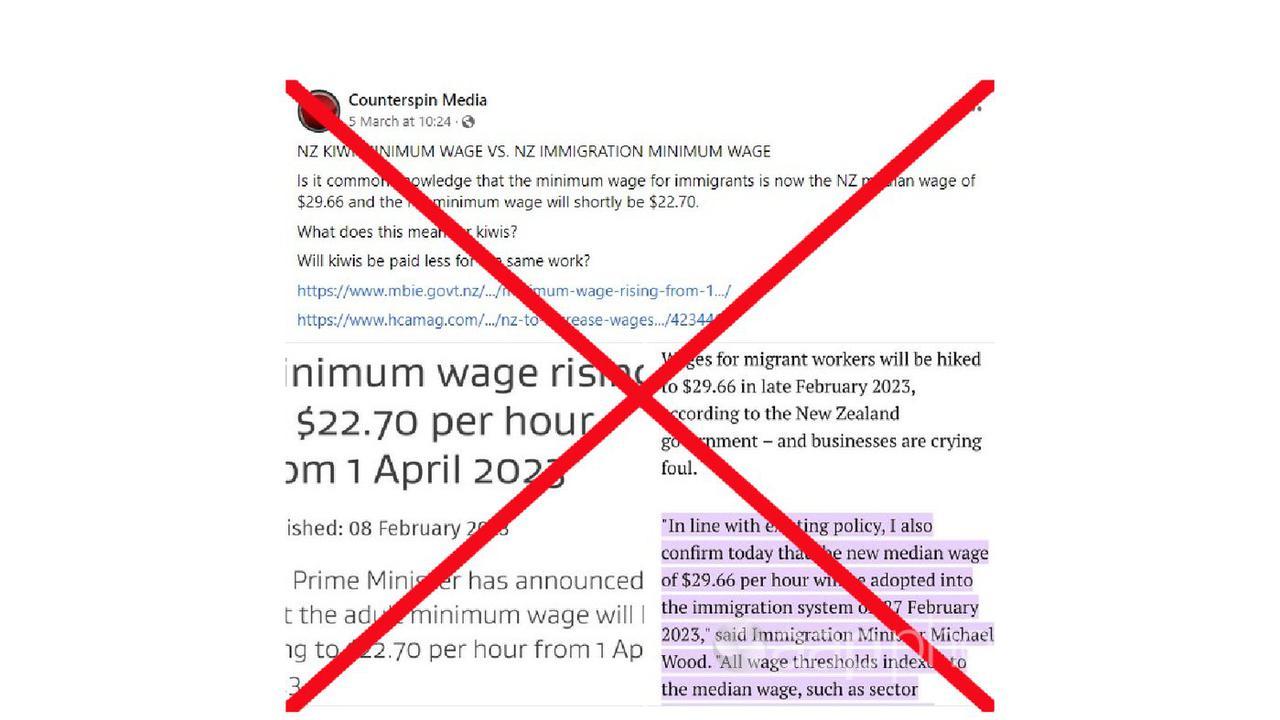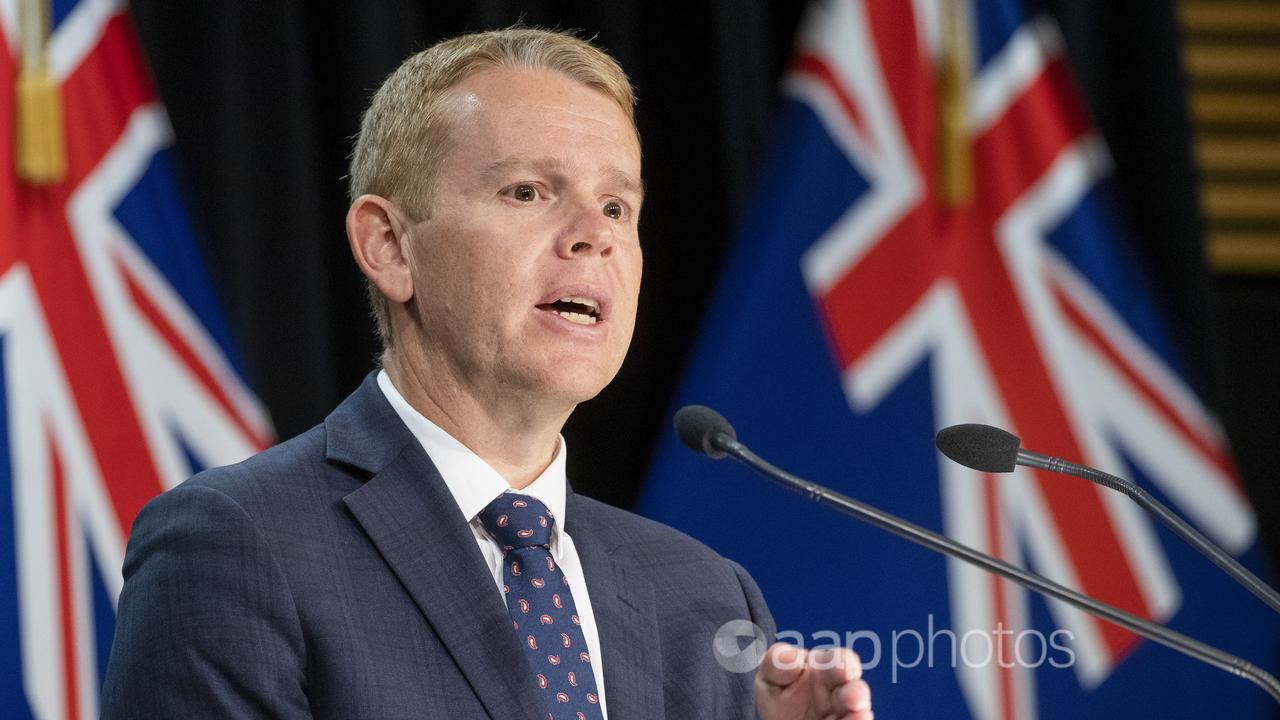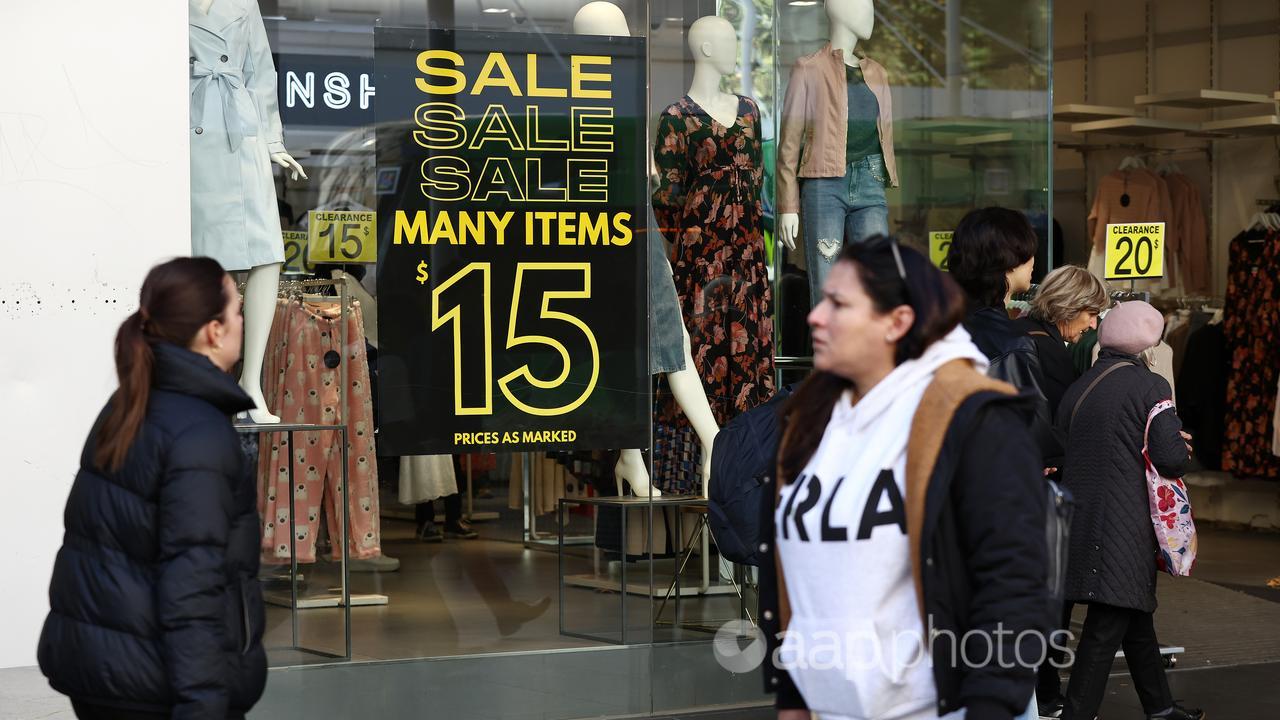It has been claimed that the minimum wage for immigrants in New Zealand is $NZ29.66 while Kiwis only get $NZ22.70.
The claim is false. The $NZ29.66 figure refers to the median wage which is applicable to certain jobs for those who hold the Accredited Employer Work Visa.
However, just 13 per cent of immigrants are currently on that visa and have jobs that are applicable with the median wage.
Regardless, it is unlawful to provide different terms and conditions of employment based on national origin, which includes immigration status.
The claim is made in a Facebook post (archived here) by Counterspin Media, headed: “NZ KIWI MINIMUM WAGE VS. NZ IMMIGRATION MINIMUM WAGE.”
The post says: “Is it common knowledge that the minimum wage for immigrants is now the NZ median wage of $NZ29.66 and the NZ minimum wage will shortly be $NZ22.70. What does this mean for kiwis? Will kiwis be paid less for the same work?”

The post provides two links. The first goes to a press release featuring NZ Prime Minister Chris Hipkins‘ announcement of an increase of the minimum wage to $NZ22.70 per hour.
The second goes to an article by industry publication Human Resources Director from October 11, 2022, in which it is detailed that the new median wage of $NZ29.66 per hour would be adopted into the immigration system on February 27, 2023.
It’s true that the new median wage of $NZ29.66 an hour came into effect on February 27. But it does not apply to most migrant working visas, nor does it apply to all jobs.
The NZ Immigration website explains that the median wage is the minimum pay threshold for most jobs under the Accredited Employer Work Visa (AEWV).
The AEWV covers migrants who have received a job offer from an accredited employer, and is valid for three years if the employee is paid at or above the NZ median wage of $NZ29.66 an hour, or for two years if they are paid below the median wage.
Acting manager of immigration policy at MBIE, Melanee Beatson said the AEWV was not the only work visa for migrants. There are other work visas that have no minimum pay threshold other than the statutory minimum wage such as the working holiday visa and post-study work visa.
“Some roles under the AEWV have a lower wage threshold (sector agreements and tourism and hospitality exemption),” Ms Beatson told AAP FactCheck in an email.
“The median wage threshold under the Accredited Employer Work Visa (AEWV) supports the goal of the immigration rebalance to help New Zealand transition towards a higher-wage, higher-productivity economy. New Zealanders should be paid the same as migrants working in those roles. The expectation is employers will look to New Zealanders or open work visa holders to fill entry level roles.”

Ms Beatson said it is unlawful to provide different terms and conditions of employment based on national origin, which includes immigration status.
“This means that New Zealanders and migrants who are similarly skilled/qualified and are doing the same job should be paid the same.”
According to NZ Immigration, sectors including tourism and hospitality, the care workforce, seafood processing (onshore), construction and infrastructure, meat processing, and seasonal snow and adventure tourism, have agreements or exemptions that allow them to pay less than the median wage.
NZ Immigration general manager Richard Owen provided AAP FactCheck with a breakdown of migrants currently in NZ on a work visa as at March 16, 2023. There were a total of 132,449 migrants, and only 29,849 of those were on an Accredited Employer Work Visa.
Of those on the AEWV, 12,499 were in roles exempt from the median wage threshold, leaving 17,350 for whom the median wage threshold applies. That equates to 13 per cent of NZ migrants on the median wage threshold.

Immigration lawyer Peter Moses told AAP FactCheck the policy intent behind the median wage requirements is to boost pay and conditions of locals.
“By making migrant labour ‘expensive’, the government is hoping to protect New Zealanders’ jobs (i.e. avoid the risk they might be laid off in favour of ‘cheaper’ migrants) and to provide for upward pressure on wages,” Mr Moses said.
The Verdict
The claim that New Zealand’s minimum wage for immigrants is $NZ29.66 but $NZ22.70 for Kiwi residents is false.
The threshold only applies to one visa, the Accredited Employer Work Visa, and only to certain roles that come under it. According to official figures, of 132,449 migrants working in NZ as of March 16, 2023, only 13 per cent were on the median wage.
Regardless, it is unlawful to provide different terms and conditions of employment based on national origin, which includes immigration status.
False – The claim is inaccurate.
AAP FactCheck is an accredited member of the International Fact-Checking Network. To keep up with our latest fact checks, follow us on Facebook, Twitter and Instagram.
All information, text and images included on the AAP Websites is for personal use only and may not be re-written, copied, re-sold or re-distributed, framed, linked, shared onto social media or otherwise used whether for compensation of any kind or not, unless you have the prior written permission of AAP. For more information, please refer to our standard terms and conditions.


















